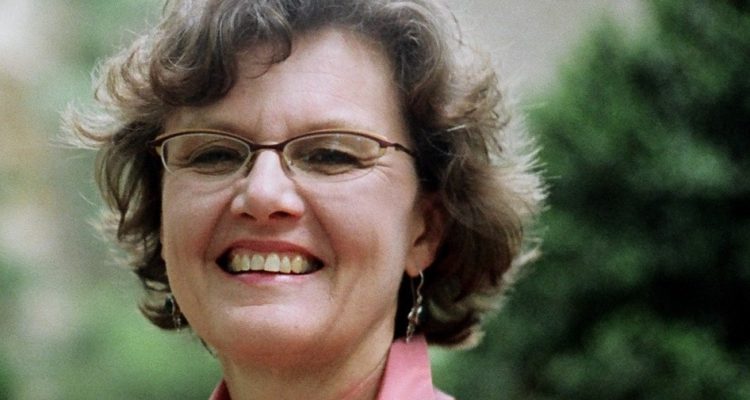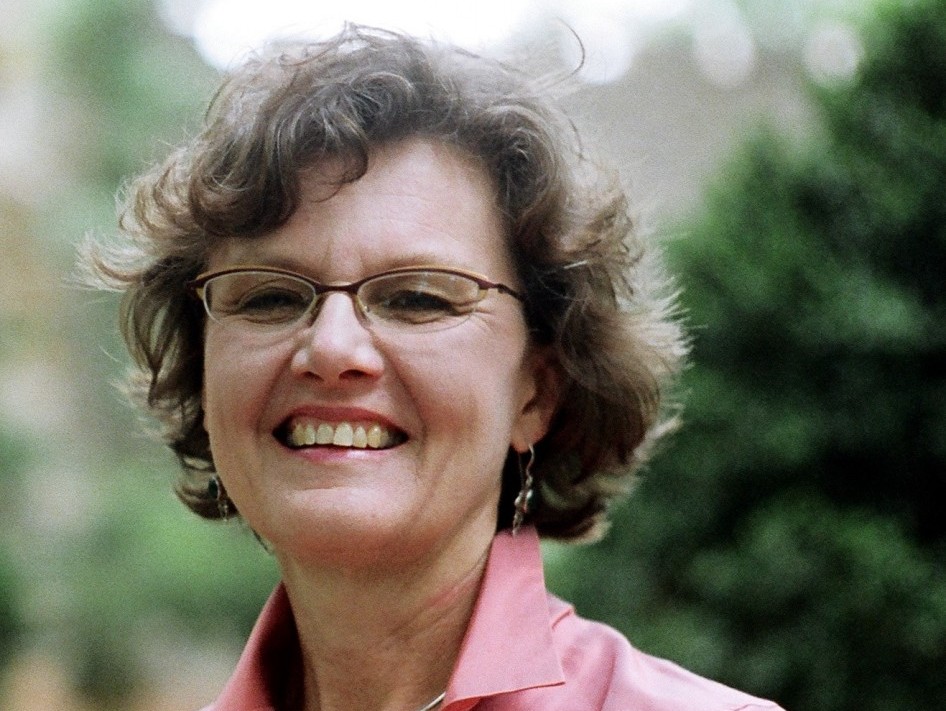Susan Inglis is a delightful southern gal with a passion for a healthy planet through greener home furnishings. As Executive Director and founding member of the Sustainable Furnishings Council, she has led the organization to work with industry leaders to develop sustainability criteria, deliver cross-sector educational programs and gain over 500 members in its short lifetime.
A regular eco-renaissance woman, she is also the founder of From The Mountain, a company that develops, sources, and manages production of hand-made goods and furnishings. In 2009 she was awarded WOW Educator Award for her work at WithIt, a non-profit dedicated to fostering women’s influence in the growth and development of the home and furnishings industry.
As a part of our new Eco-Design Column and Creative Home Living report series, we are proud to bring you this exclusive interview with Susan where we talk about how you can promote a healthier planet through sustainable furniture choices.
Conscious Connection: What inspired the start of the Sustainable Furnishings Council?
Susan Inglis: Gerry Cooklin founded the organization in 2006. He had had an epiphany and “greened up” his own manufacturing operations in Peru. An avid outdoorsman, he tells the story that one day a tree spoke to him and said “Hey, since you manufacture wood furniture in Peru, YOU should save the forest.” He took the message to heart and not only got the first Forest Stewardship Council Chain of Custody certification in Peru, but also brought the message to the entire home furnishings industry.
He called a meeting in his showroom in High Point in September of 2006 that led to the formation of the organization and formal incorporation as a 501c6 in March of 2007, with 43 companies joining at the start. By the end of that first year we had 100 members and now we have almost 400. Members are companies that are involved in the home furnishings industry in various ways – suppliers of materials, manufacturers of product, stores, interior designers, etc. All have made their own commitment to sustainability, to transparency, and to continuous improvement. We make it our business to support them in realizing their commitment, providing guidance, resources, education, networking, and marketing support.
Conscious Connection: How did you come to be involved with the organization?
Susan Inglis: I was fortunate to hear about that first meeting in September 2006 and show up. I have a small business called From The Mountain, sourcing handmade and sustainably manufactured product around the world. We find our sources of production through publicly funded projects we are involved with, and serve as a broker once the projects are finished. Since we supply the home furnishings industry, among other markets, I was interested in being involved from the beginning. I got so involved that I have served as executive director since we incorporated.
Conscious Connection: How is furniture classified as sustainable and/or eco friendly?
Susan Inglis: Since the furnishings industry is a global manufacturing industry that uses a lot of wood and actually adds the highest value to the wood resource, we have a large responsibility to reduce carbon emissions from energy production, from transportation, and from deforestation. Some of the elements that are significant include choosing local manufacture of local materials, choosing wood that is certified to be from well-managed forests or other sustainable sources, and choosing recycled materials. In addition, since home furnishings make use of a lot of glue and are finished intensively, choosing finishes that are water-based and so low-emitting is important.
Conscious Connection: Why is a life cycle assessment important for sustainable product development?
Susan Inglis: An LCA is the best way to discover and measure a product’s true environmental footprint. Examining and assessing the impact of the whole process from extraction of the raw material, through processing it, through manufacturing, distributing, using, reusing the product, then recycling it (or not) and finally looking at what you have at the end – good clean dirt? a material that can be recycled again? or toxic waste? It is important to consider this whole process in order to ensure that the impact is as light as possible.
Conscious Connection: Why do you see sustainability as a mandate among the buying public?
Susan Inglis: Nearly 1 in 4 households has someone with a health concern that is exacerbated by poor indoor air quality. So many consumers come to an interest in sustainability issues in general when someone in their family is sick and affected by the way finishes, for instance, pollute the air in their home. We know from our research that about half of all consumers are concerned with sustainability issues across the board, and they are taking action out of their concern, including buying “green” products. But they often do not understand what the “green” attributes of furnishings products are. We try to empower them with smart questions to ask and answers to look for.
Conscious Connection: What do consumers need to know about making sustainable purchases?
Susan Inglis: Look for transparency, full disclosure of what it is made of and where it came from. Ask where it was made, what it is made of, how it is finished. 15% of global hardwoods are illegally harvested. To be sure the furniture you are buying is not part of that problem, look for wood that is certified, or plantation-grown, or reclaimed. Here in North America our forests are fairly well-managed across the board, so products made in North America of wood grown here are a great choice.
Have a look at www.sustainablefurnishings.org for resources that will help.
Conscious Connection: What are the benefits for businesses to commit to sustainability?
Susan Inglis: You get the promise of the future as well as of the product.




